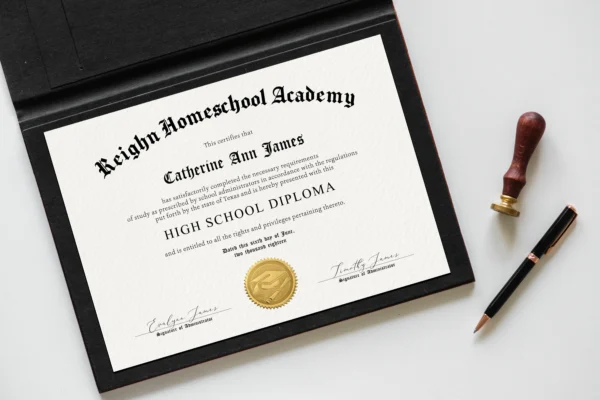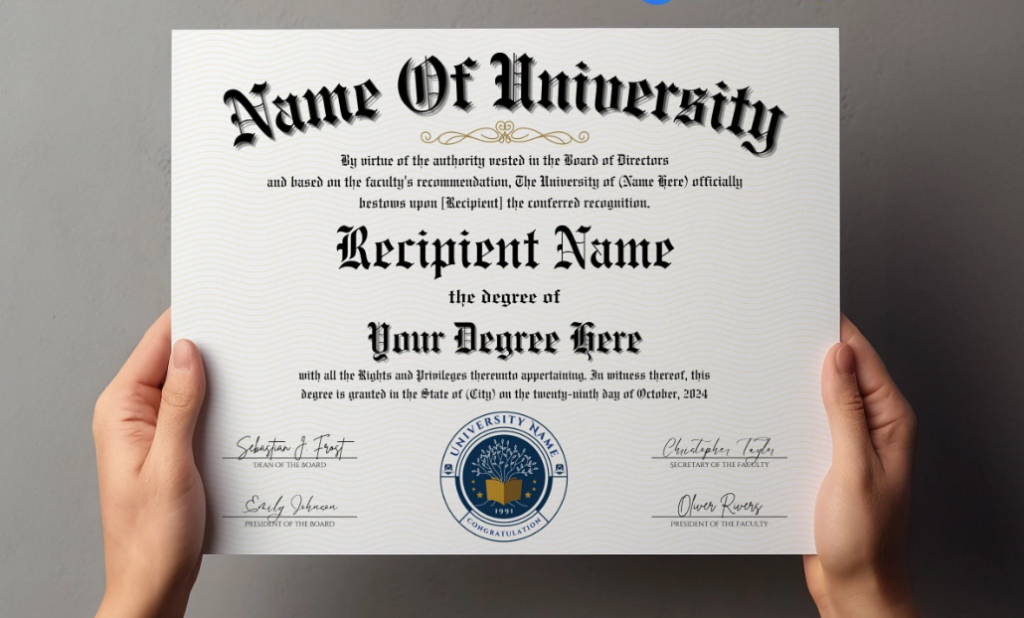Are Online Certificates Really Worth It?

29
JAN
Are Online Certificates Really Worth It?
The digital age has ushered in several transformations in almost every realm of life, including education. From the traditional brick-and-mortar classrooms, we have transitioned to screen-lit spaces, fingers clicking away on computer keyboards or screens, searching for knowledge. This revolution in learning has brought about the springing of online certificates in every virtual corner. But the question on many minds is this: do they truly measure up?
This article answers this question in the most objective way possible, proving that online certificates are really worth it.
Historical Context of Traditional Certificates
Stepping back for a moment, let’s appreciate the long-standing tradition of educational certificates. For generations, they have been our passport to opportunities, markers of achievement, and evidence of dedication.
When one earned a degree or certification from an esteemed institution, it spoke volumes. Doors opened, interviews were granted, and careers were launched, all on the strength of that embossed piece of paper. Yet, as with all things, change was on the horizon.
The Rise of Online Certificates
Enter the era of online learning platforms. Names like Coursera, Udemy, and LinkedIn Learning began popping up, soon becoming household names. For many, they provided an irresistible allure. Here were courses, rich in content, available at the mere click of a button. The barriers of distance, rigid schedules, and often hefty fees associated with traditional education began to dissolve.
Imagine a single mother, juggling work and parenting, now able to pursue her interests late into the night. Or the young professional wanting to upskill without the constraints of physically attending evening classes. The appeal was quite evident.
Benefits of Online Certificates
So, what are the benefits that online certificates offer over their traditional alternatives? Here they are, arranged in no particular order:
Convenience and Budget-friendly
It wasn’t just the convenience that made these online certificates gain traction. The cost dynamics played a significant role. Compared to the soaring fees of many traditional educational institutions, these platforms often provide a more budget-friendly route.
Self-Paced Education
Learners have discovered the joy of self-paced education. Night owl or early bird, it didn’t matter. The classroom is always open. Additionally, the buffet of courses on offer was staggering. From coding to culinary arts, there was something for everyone.
Recognition by Big Organizations
And as the icing on the cake, global corporations began to sit up and take notice. The likes of Google, IBM, and even traditional entities started recognizing the value of these certificates and incorporating them into their hiring practices.
Critiques and Limitations
Yet, as with all things that glitter, there’s often a flip side. Critics have voiced deep concerns about the very facets that made online learning attractive.
Issues with Course Quality Consistency
For instance, focusing on the vast array of courses: some pointed out potential issues with consistency in course quality. The self-paced, remote nature? Detractors highlighted the potential for cheating or exaggerating one’s proficiency.
Lack of Hands-On Experience
Furthermore, while watching a video or participating in a forum discussion can offer vast insights, they often can’t replace hands-on, practical experience. That intricate machinery repair or chemistry experiment sometimes does not translate well to a two-dimensional screen.
A Few Employers Not on Board
Most notably, not all employers have hopped onto the online certificate bandwagon. Some still view them with skepticism, preferring the tried-and-true traditional degrees.
The shift towards virtual learning has been nothing short of dramatic, and the verdict on online certificates isn’t unanimous. Some view them as the new gold standard, while others remain staunch traditionalists.
Comparison with Traditional Certificates
For decades, traditional certificates have been the stalwarts of academic and professional recognition. Gracing the walls of offices and homes, they’ve been symbolic of years of hard work, dedication, and in-depth knowledge. However, as online certificates grow in prevalence, how do they stack up against their time-honored counterparts? Let’s break it down.
When it comes to sheer weight in the job market, traditional degrees still hold considerable sway, especially in fields that are deeply rooted in hands-on training or rigorous academic research. Think medicine, law, or in-depth scientific research.
However, in more dynamic sectors, especially those in the tech industry or creative fields, online certifications have started to carve out a niche.
The perception among employers and the general populace varies. While some innovative companies laud the self-initiative and resourcefulness that online learning often requires, others remain wedded to the prestige associated with traditional educational institutions.
The Future of Online Certificates
Online certifications show no signs of waning. In fact, with technological advancements, they might get a turbo boost. Imagine learning surgery through AR or immersing yourself in a historical event with VR. The potential to bridge the gap between theory and practical application is immense.
Moreover, as the world becomes more interconnected and remote work becomes the norm, the lines between traditional and online learning could blur even further. Universities might incorporate more online modules, and online platforms could seek deeper collaborations with established educational institutions.
Do You Need an Online Certificate?
What if you already own a traditional certificate? Can it be transformed into an online version? The answer to that question is yes, you can get an online certificate, the virtual version of the one you already own.
But you will need to work with a prominent expert in this field known as Diploma Makers. Whether you are looking for a fake high school diploma online or just a diploma replica, you are on the right page.
All you have to do is visit the official page of Diploma Makers, browse through the categories to confirm their authenticity and expertise and place your order. Diploma Makers uses proprietary software to create stunning online certificates for its clients worldwide. You will receive the completed version of your online certificate within 24-48 hours.
Conclusion
To wrap it up, the debate on online versus traditional certificates isn’t black and white. Both have their merits, challenges, and champions. What’s pivotal is the learner’s approach, intent, and the value they derive from their chosen path.
As you navigate your educational journey, remember that the best certificate, online or traditional, is the one that helps you grow, both personally and professionally.
If you need an online certificate to flaunt or show off to your friends, consider working with Diploma Makers. Get in touch with them right away and get your online certificate within 24-48 hours, max!




